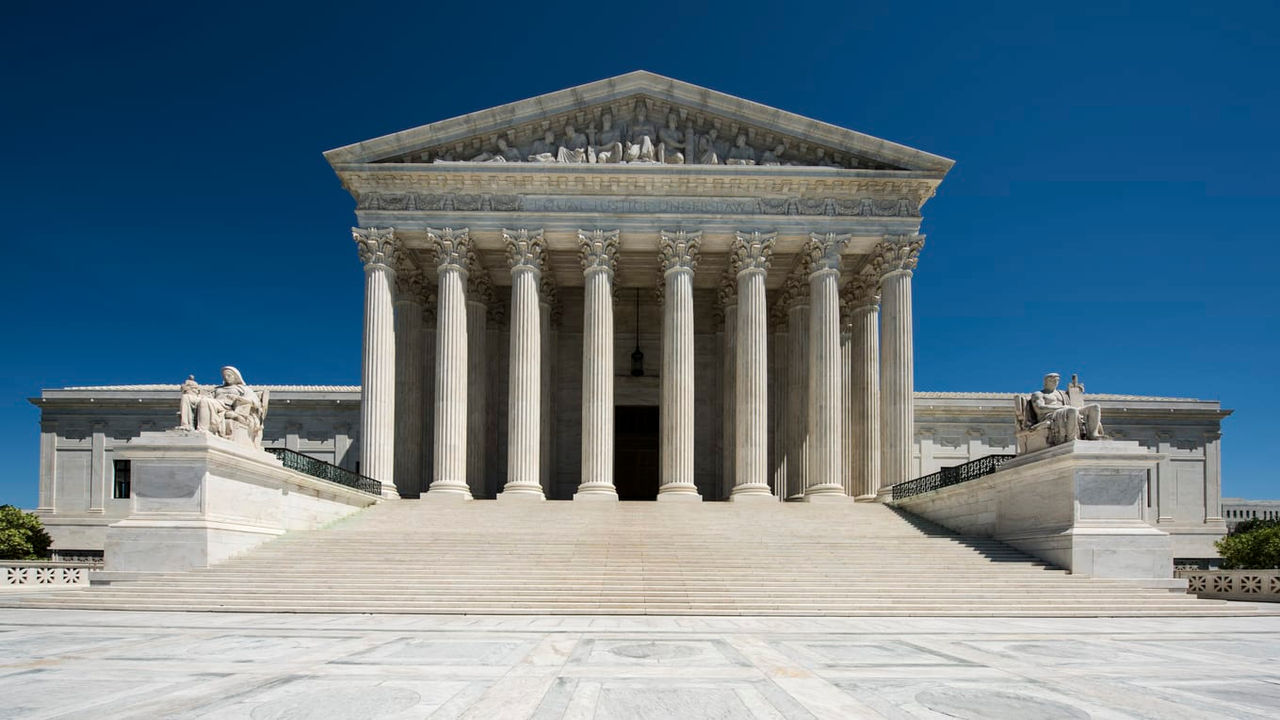On Oct. 19, the U.S. Supreme Court declined to block Maine's vaccine requirement for health care workers. We've gathered articles on the news from SHRM Online and other media outlets.
Breyer Rejected Emergency Appeal
The Maine vaccine mandate requires hospital and nursing home workers to get vaccinated or risk losing their jobs. Justice Stephen Breyer rejected the emergency appeal but left the door open for the plaintiffs to try again as the deadline on Maine's mandate nears. The state will begin enforcing it Oct. 29.
Another Appeal
A three-judge panel of the 1st U.S. Circuit Court of Appeals dismissed the emergency appeal before Breyer rejected it. Nonetheless, the appeals court fast-tracked additional arguments. That provided enough time for another ruling before enforcement of the vaccine mandate begins at the end of next week. Late Oct. 19, the 1st Circuit denied another request to block the mandate. On Oct. 20, the plaintiffs again asked the Supreme Court to block enforcement of the mandate.
(Associated Press via News 2 NBC) and (CNN)
No Religious Exemption
Health care workers contested the order issued by Gov. Janet Mills because it does not include a religious exemption. The state has granted such an accommodation for religious objections to previous vaccination mandates, they contended.
(NBC News)
Governor's Statement
"Anyone who is placed in the care of a health care worker has the right to expect—as do their families—that they will receive high-quality, safe care from fully vaccinated staff," Mills said when she announced in September that the state would begin enforcing its vaccine mandate on Oct. 29. State governments' right to impose vaccine requirements was upheld in 1905, when the U.S. Supreme Court decided Massachusetts could require vaccines against smallpox.
(Business Insider) and (WAGM)
Religious Exemptions Ordered in New York
Nonetheless, New York state must let employers provide religious exemptions to a mandate that state health care workers get vaccinated against COVID-19, at least while litigation over New York's mandate proceeds, a federal district court judge decided Oct. 12. The question in the case is whether the state's elimination of a religious exemption conflicts with the plaintiffs' and other individuals' federally protected right to seek a religious accommodation from their individual employers, according to the court. "The answer to this question is clearly yes," the court said.
(SHRM Online)
Sotomayor Declined to Block New York City's Vaccination Mandate
On Oct. 1, U.S. Supreme Court Justice Sonia Sotomayor declined to block New York City's vaccination mandate against COVID-19 for all city Department of Education employees. A federal appeals court on Sept. 27 ruled in New York City's favor on the vaccine mandate.
(SHRM Online)
Indiana University's Policy Upheld
In August, the U.S. Supreme Court denied review of Indiana University's COVID-19 vaccine mandate for employees and students, leaving in place the rulings of lower courts in favor of the university's requirements. Justice Amy Coney Barrett denied students' challenge of the mandate.
(SHRM Online)




